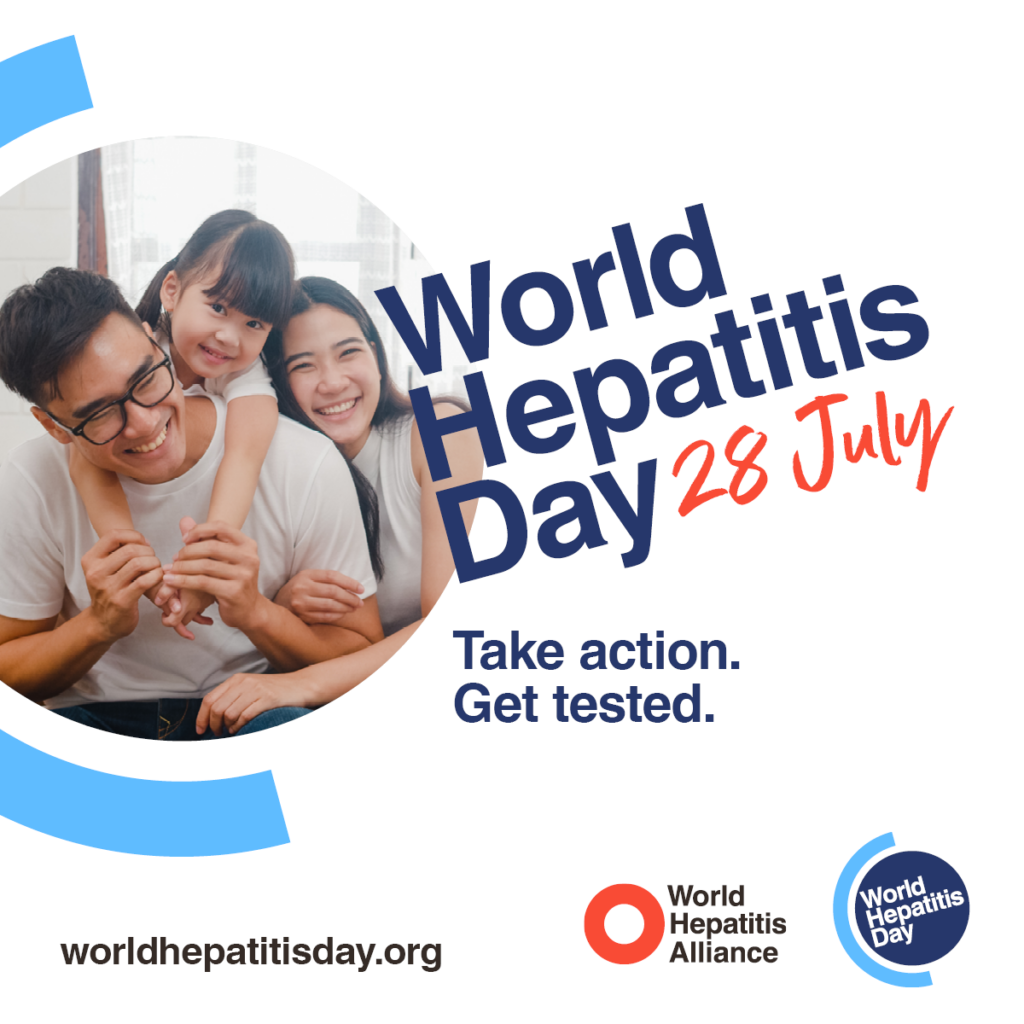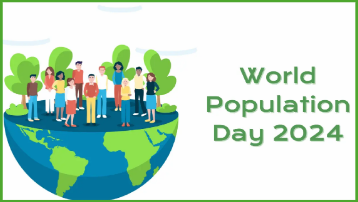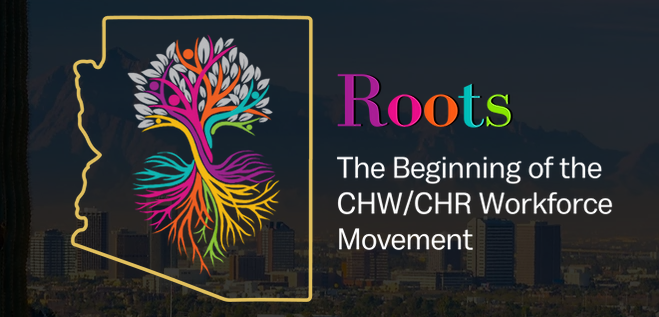World Health Organization (WHO)’s International Health Regulations Emergency Committee discussed the pandemic on Thursday, May 4th, 2023, at its 15th meeting on Covid-19, and based on the committee’s recommendation, WHO Director-General Tedros Adhanom Ghebreyesus declared on May 5th, 2023, that the public health emergency of international concern, or PHEIC, now ends. The paper is based on the Director General’s public announcement and press conference. Local US Part is added to it for the readers.
Background:
In the year 2019 end, World Health Organization (WHO) learnt about cases of pneumonia of unknown cause in Wuhan, China. On 30th January 2020, on the advice of an Emergency Committee convened under the International Health Regulations, WHO declared a public health emergency of international concern over the global outbreak of COVID-19, the highest level of alarm under international law. At that time, outside China there were fewer than 100 reported cases and no reported deaths. In three years since then, COVID-19 has turned the world upside down. Almost seven million deaths have been reported to WHO, but the director general of WHO thinks the toll is several times higher, at least 20 million!! Total reported cases globally are over 766 million and that could also be a gross underestimate and the total number could be many folds more.
Consequences of the Pandemic in the world:
COVID-19 has been so much more than a health crisis. Health systems have been severely disrupted globally, with millions of people missing out on essential health services, including lifesaving vaccinations for children. It has caused severe economic upheaval, erasing trillions from GDP, disrupting travel and trade, shuttering businesses, and plunging millions into poverty. It has caused severe social upheaval, with borders closed, movement restricted, schools shut and millions of people experiencing loneliness, isolation, anxiety, and depression. COVID-19 has exposed and exacerbated political fault lines within and between nations. It has eroded trust between people, governments, and institutions, added by a torrent of misinformation and disinformation that were propagated, promoted, and followed by many people.
Equity Crisis: Equity was completely lacking when it comes to the global scenario in tackling the pandemic, with the poorest and most vulnerable communities the hardest hit and the last to receive access to vaccines and other tools. This is not due to lack of resources; it is due to lack of commitments by the rich and affluent countries and their leaders.
Improvements: For more than a year fortunately, the pandemic has been on a downward trend, with population immunity increasing from vaccination and infection, mortality decreasing and the pressure on health systems easing. This trend has allowed most countries to return to life as we knew it before COVID-19. This is possible because of the non-tiring efforts of our scientists and health care workers, vaccine researchers, who produced multiple and effective vaccines over record time and made them available to a large section of the population if not all.
Covid-19 virus is here to stay. It is still killing and still changing. Pandemic of international concern is declared over but pandemic continues. It is no longer of international concern. The risk remains of new variants emerging that cause new surges in cases and deaths. The worst thing any country could do now is to use this news as a reason to let down its guard, to dismantle the systems it has built, or to send the message to its people that COVID-19 is nothing to worry about!
Based on the past year, the Emergency Committee at the World Health Organization, analyzing the data, carefully recommended ending the public health emergency of international concern.
However, that does not mean COVID-19 is over as a global health threat. Last week, COVID-19 claimed a life every three minutes, and that’s just the deaths we know about. As we speak, thousands of people around the world are fighting for their lives in intensive care units and millions more continue to live with the debilitating effects of post-COVID-19 conditions.
Way Forward:
It’s time for countries to transition from emergency mode to managing COVID-19, alongside other infectious diseases. This is not a snap decision. It is a decision that has been considered carefully for some time, planned for, and made based on a careful analysis of the data.
This is a moment for celebration. We have arrived at this moment thanks to the incredible skill and selfless dedication of health and care workers around the world, the innovation of vaccine researchers and developers, the tough decisions governments have had to make in the face of changing evidence, and the sacrifices that all of us have made as individuals, families, and communities to keep ourselves and each other safe.
At another level, this is a moment for reflection. COVID-19 has left, and continues to leave, deep scars on our world. Those scars must serve as a permanent reminder of the potential for new viruses to emerge, with devastating consequences.
As a global community, the suffering we have endured, the painful lessons we have learned, the investments we have made, and the capacities we have built must not go to waste. We owe it to those we have lost to leverage those investments, to build on those capacities, to learn those lessons, and to transform that suffering into meaningful and lasting change.
One of the greatest tragedies of COVID-19 is that it didn’t have to be this way. We have the tools and the technologies to prepare for pandemics better, to detect them earlier, to respond to them faster, and to mitigate their impact. But globally, a lack of coordination, a lack of equity and a lack of solidarity meant that those tools were not used as effectively as they could have been. Lives were lost that should not have been.
We must promise ourselves and our children and grandchildren that we will not go back to the old cycle of panic and neglect that left our world vulnerable but move forward with a shared commitment to meet shared threats with a shared response.
As the Public Health Emergency Plus is pulled out, what are the effects on people in the USA?
Losing Health Care Services
With the US Government ending public health emergency from May 11, along with WHO declaring end of PHEIC, it is expected that nearly 15 million people may lose Medicaid coverage, half of them would be no more eligible while other half could lose despite being eligible for other reasons of not being able to respond or to receive communications. These are the most vulnerable and needy people.
End of Covid-19 tests and treatment
- Home or lab covid tests may not be free now on, depending on where you get your health coverage.
- The requirements for private insurance to cover over the counter and laboratory Covid tests without cost sharing will end.
- Medicare beneficiaries will no longer get free over the counter tests kits.
- Covid-19 vaccine, however, will continue to be given free for Medicare and Medicaid patients and most other health insurances.
No more Telehealth Services for Free
- Telehealth services given free to almost everyone will end with some time extension, but most will end by September 2024
At Asian Pacific Community in Action, we strive to follow up with every Medicaid beneficiary and Obama Care beneficiary and ensure that they do not lose their health coverage because of communication failure or language barriers and reach out to them though phone, letters, postcards and in person to help them remain covered for their health insurance.







